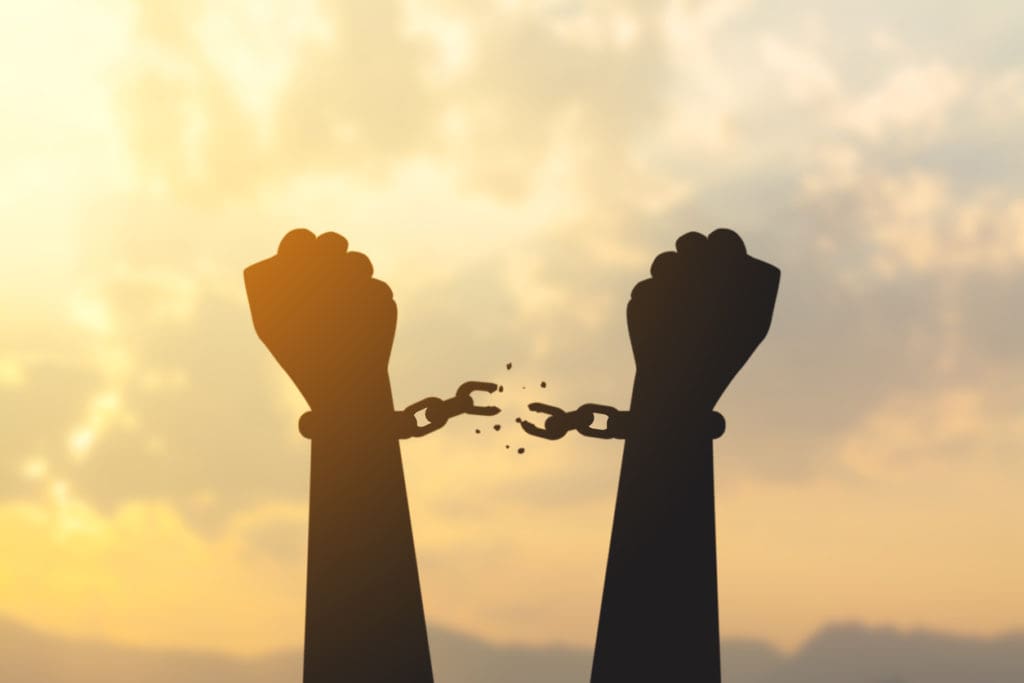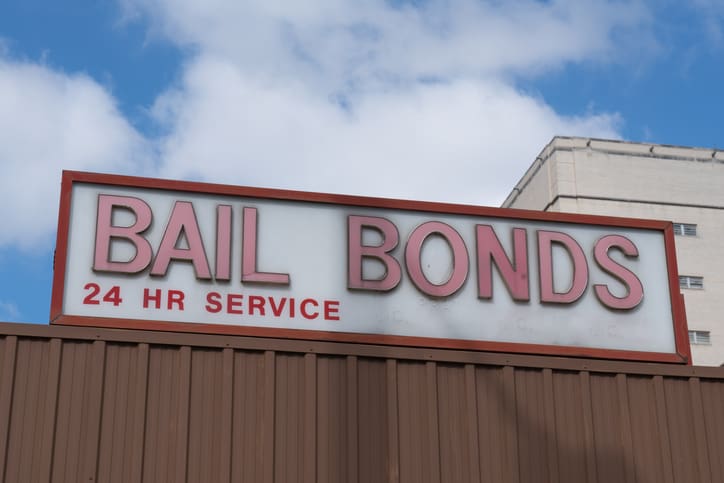Bail and Bail Bonds, How Do They Work?

WHAT IS BAIL AND WHAT IS A BAIL BOND?
When someone is arrested and booked into jail they will have the opportunity to post bail. The bail is an amount of money set by a judge and serves as insurance between the court and the person in jail. This will allow them to leave but is a says they will appear in court. If they aren’t able to post bail or get a bail bond then they’ll spend time in jail until bail is posted or court date. Difference between Posting Bail and Posting Bond Posting bail and posting bond are very similar but are different at the same time. Both actions will ultimately have the same outcome – temporary release from prison. Bail – Bail money is cash that the defendant, their family, or friends are willing to pay to get them out. Bond – Bond money is provided by a bondsman when the family or friends of the accused don’t have the funds to post bail.HOW IS BAIL DETERMINED?
The bail amount money can very between a few thousand dollars to several million dollars. The severity of the crime and the number of offenses on record will help the judge determine the bail amount. If the defendant is considered a high risk for endangering the public or fleeing (for example, a non-U.S. citizen), bail may be denied and a “No Bail” status will be given. Occasionally a defendant is released on his or her “Own Recognizance” or with a “Cite Out” which means a bail payment is not necessary. Once the bail amount has been set, it can be paid in full at the time of arrest. After the bail is posted and the paperwork is complete, the defendant will be released from jail. This portion of the process can take up to 2 hours. Once the defendant has made all court appearances and all charges are dropped, the bail money is returned minus court fees. If found guilty, the bail amount will go toward fines and fees. San Diego and California forms of bail payment: Cash Bail. Is cash given to the court to ensure that the defendant will appear in court in accordance with the court’s discretion. The court will return the payment after the defendant has appeared throughout the term of the case. If the defendant does not comply and appear, the bond will be kept and a warrant will be issued for the arrest of the defendant. Bail Bond. If a defendant does not have the financial means necessary to pay a cash bail, a bail bond can be utilized. The bail bondsman will act as a surety and pledge bail for the appearance of a person in court. The defendant will be charged a percentage of the bail bond amount. Collateral will be required in some instances. Own Recognizance. No bail money is required in this situation. The court only requires that the defendant is released after promising, in writing, to appear in court for proceedings.IS A BAIL BOND A GOOD IDEA?
If the arrested person (or a called-upon third party) can’t or chooses not to pay the set bail amount in full (generally in cash), the defendant may choose to contact a locally licensed bail bondsman who will post the bail in exchange for a non-refundable fee. This bail bond is a contract between the bondsman and the contract signer to guarantee that the defendant will appear in court. When a bail bondsman is called (usually available 24/7 and on holidays), the defendant will be asked a lot of questions in order to determine who they are and the nature of the situation. Once payment is arranged and a contract is signed (which may require a co-signer), the defendant will be released. It is recommended that the released person consult with and obtain legal representation from an experienced criminal defense attorney. Obtaining a bail bond can be a good idea if:- The defendant can’t gather enough cash to pay it
- The bail amount is set high
- There is a need to get out of jail right away to take care of home and work obligations

What Happens If Bail Is Not Met?
If bail can’t be posted when arrested, the defendant will usually remain in jail until arraignment and possibly even until the case has been resolved in court (approximately 3 business days). It is possible to request a special bail-setting hearing where the defendant can ask to have the bail amount lowered. If the bail bond fee is not paid, the bail bond company may file a motion to have the bond revoked. If the criminal case is still pending, this revocation may result in a re-arrest and possible legal action against the defendant for the unpaid premium. In most states, the fee for a bail bond is set by law at 10% plus actual, necessary, and reasonable expenses associated with the transaction. Generally, bail bond companies take cash or credit card payments. Often, bail bond agencies allow the paperwork and payment to be processed over the phone or online. This service provides convenience and confidentiality. If the defendant (or third-party payer) doesn’t have a credit card or credit line large enough to pay the bail bond fee, a payment plan through the bail bond agent may be an option. Some even offer interest-free financing. However, a down payment may be required. Collateral (something pledged as security for repayment) is sometimes required to obtain a bail bond. A real estate property lien (a legal claim for a specific amount of money upon the sale of a property) is most often accepted as collateral for high-dollar bail amounts.COURT DATES AND THE TRIAL
If the defendant has been wrongly accused of a crime or is found not guilty, then the bail money will be returned in full back to the defendant. This is one of the main reasons is it so important to find an experienced attorney. However, if they’ve been found guilty, then a percentage of the bail money will be kept by the government.Bradley Corbett
Bradley Corbett is a criminal defense attorney in San Diego. He graduated from Brigham Young University in Provo Utah in 2004. Later he enrolled at Thomas Jefferson School of Law in San Diego where he participated in a prestigious internship program with the Los Angeles County Public Defender. Since then he has handled over 2,000 cases.

